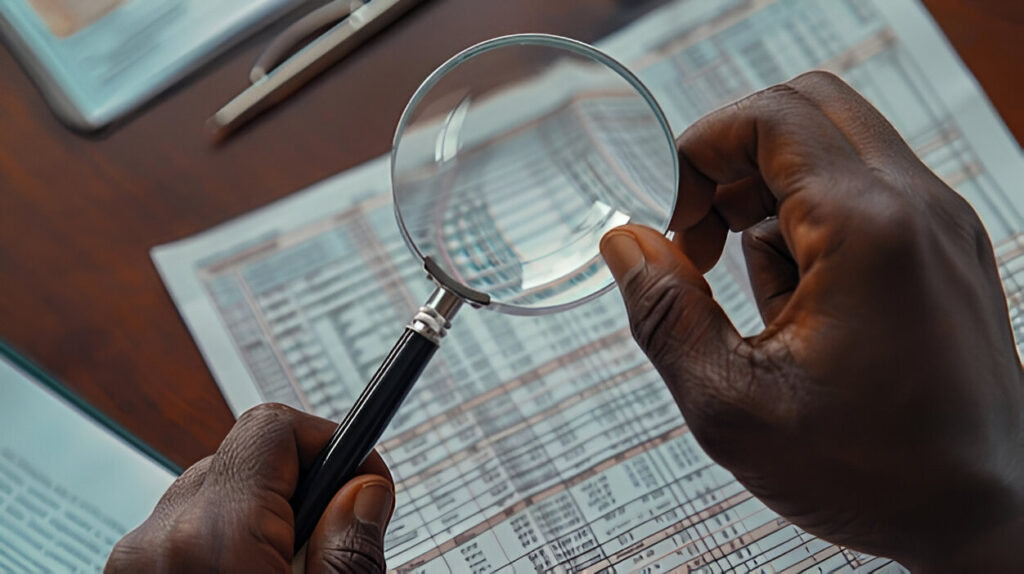
You’ve found a property.
It looks perfect.
The agent says it’s a “hot deal.”
Your instinct says go for it.
This is the part most buyers skip.
But experienced ones pause and delve into due diligence.
Because in every investment, what you do not know can hurt you. Badly.
So What Is Due Diligence?

It is not a buzzword. It is not overthinking. Due diligence is how you separate fantasy from fact.
Simply put, due diligence is the thorough research that safeguards your investment before you commit.
It answers questions like:
Who really owns the property? Is the price backed by facts, or just sweet talk? What is hiding beneath the polish? Are there unpaid debts, disputes, or legal knots you will inherit? Is the property structurally sound, or just dressed up to sell?
So it is not about distrust, rather it is about making informed, confident decisions.
Why It Matters More With International Deals
When buying across borders, you are navigating unfamiliar terrain, different laws, different systems, different stakes.
And while a physical inspection might not always be possible, the right markets give you tools to protect yourself.
Take Dubai, for instance. The Real Estate Regulatory Agency (RERA) requires developers to register projects and hold payments in escrow accounts (meaning your money is not released until key conditions are met).
Singapore and Germany also enforce strict property laws and transparency rules, giving investors extra peace of mind.
This does not mean every international market is secure. It means you should know which ones are, what company to work with, and lean into that research before you leap.

What Most People Miss
Risk in investment does not always look like a red flag. Sometimes, it can be hidden in documents you did not read, sellers you did not vet, or markets you did not understand.
Due diligence helps you spot:
– Title problems
– Fake or inflated valuations
– Poor construction masked by good marketing
– Zoning issues that make your plans impossible
– Bills, taxes, or permits that become your burden after purchase
A Simple But Powerful Checklist
1. Title and Ownership
– Who owns this property, and do they have the right to sell it?
2. Zoning and Use
– Is the land approved for your purpose, residential, commercial, or rental?
3. Property Condition
– If you cannot inspect it personally, ask for detailed reports or hire a trusted proxy.
4. Seller or Developer Background
– Search for reviews, complaints, or failed past projects.
5. Market Valuation
– Is the asking price in line with reality, or riding a wave of hype?
6. Legal and Financial Documents
– Read everything. Twice. Or hire someone who will.
7. Regulatory Protections
– Is there a regulatory body like RERA? Is your money secured in escrow?

Before You Sign, Ask Yourself: What Am I Really Committing To?
Emotions can drive us to make quick decisions, especially when a property seems perfect. But taking the time to conduct thorough due diligence can prevent future regrets.
So do not just rely on appearances, verify the details.
Because the wildcard is never the price tag.
It is the unknowns you did not bother to ask about.
Muna Real Estate specializes in international properties with transparency and growth potential. We ask the tough questions, so you don’t pay for the answers later. Reach out today to get started.




